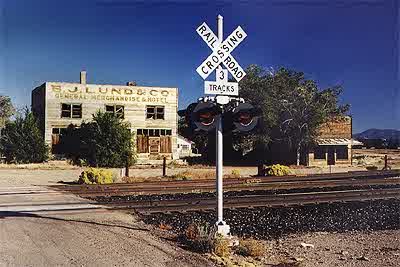 The Federal Communications Commission (FCC) is working on the first national broadband plan for the U.S.
The Federal Communications Commission (FCC) is working on the first national broadband plan for the U.S. Better late than never.
During yesterday's stop on the FCC Summer Tour, its new chairman, Julius Genachowski, referred to broadband as this generation's highway system. They are ambitious words ... if not original.
The same exact point was made here over 3 years ago. Again, better late than never.
There is a major difference between our broadband highway and the asphalt highways built in the 1950s to connect America. Broadband is much more important to America's future.
Broadband does not to just connect our cities; it connects our lives. Broadband reaches into every house, every business, every hospital, every school and will power endless innovations that will re-shape our lives.
And a policy of net neutrality is vital for keeping these digital roads flat and fast-moving for everyone. Without it, broadband will turn into an endless series of toll roads on which those people and companies who buy the Easy Pass move fast while the rest crawl along in the right lane.
There won't be any Cash for Clunkers program if that happens.
Categories: netneutrality, broadband, FCC












